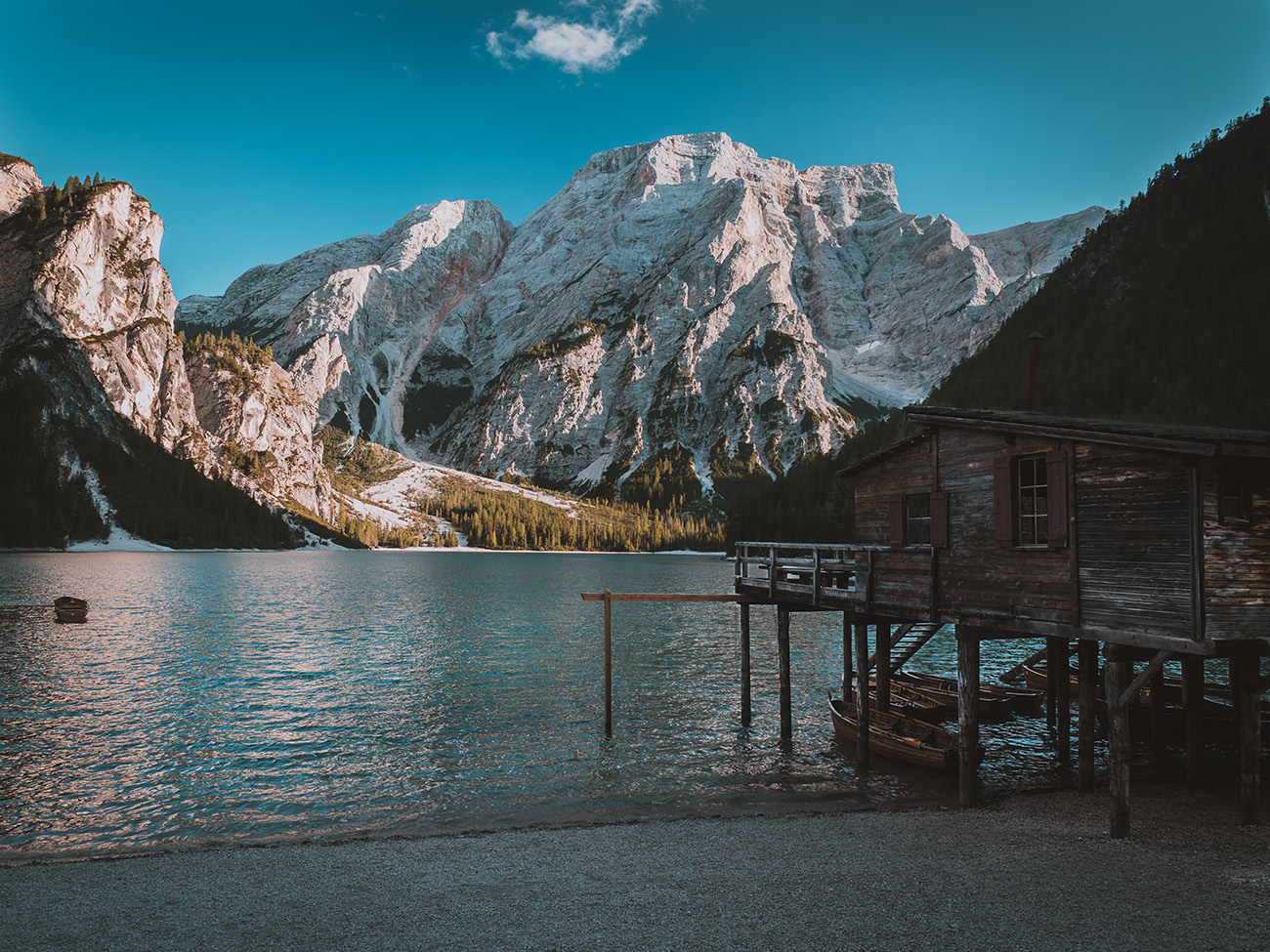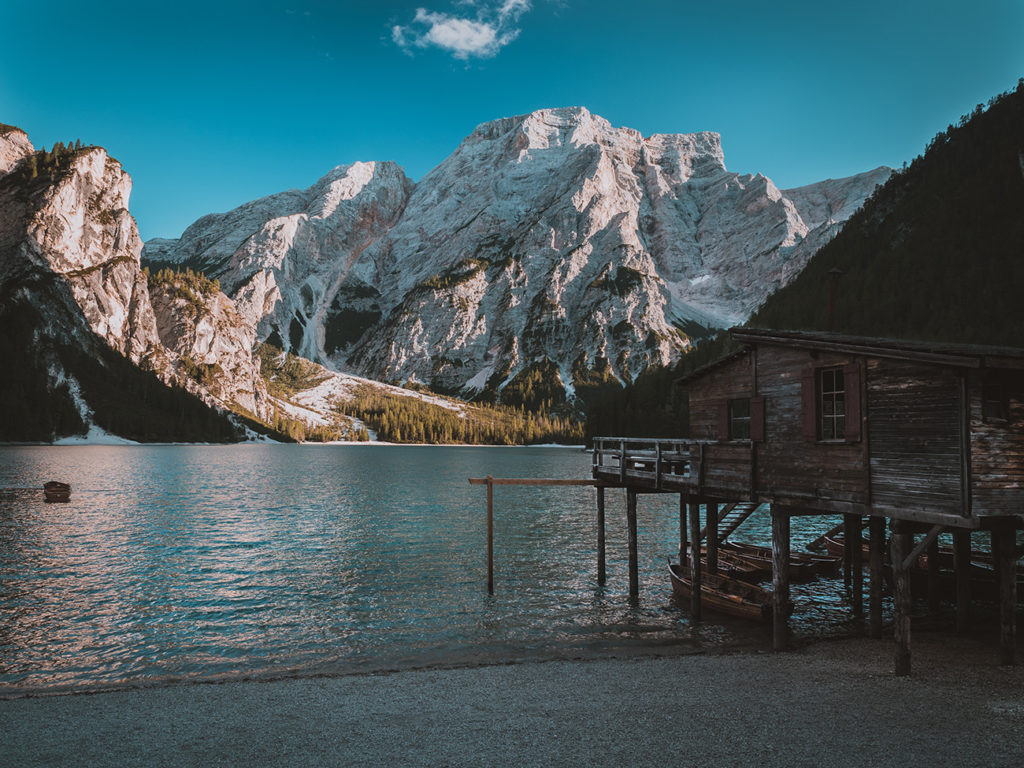Most Recent News


Popular News





There are a few common wilderness survival mistakes you should know about.
Ever imagine yourself trying to survive alone in the wilderness? Whether it’s from a camping trip gone wrong, or because of a complete societal meltdown, there are a few common wilderness survival mistakes you should know about.
If you’re looking for the basics, I suggest starting with these articles: 1) Prepping: An In-Depth Guide For Beginners and 2) 32 Basic Life Skills That Everyone Should Master.

Probably the most obvious is no access to clean water. Whenever you decide to go on a hike or to travel for an extended period of time, be mindful of your water supply.
An easy way to be on top of your access to water is with a small purifier tool. Usually these can be carried really easily, and provide clean water for extended periods of time/many uses. There are a few different options available depending on what you prefer: tablets, straws, or bottles.
Another big mistake is the lack of any first aid materials. If you’re alone, and can’t seek medical attention (i.e. in the wilderness), you need the tools to provide first aid. It is absolutely essential.
Again, these can be as versatile as you need them to be. This is true whether it is in the form of a full on survival preparation bag, or a small easily portable first aid kit. Either way you choose, make sure you have something to heal up. Otherwise, you’ll end up as one of the numerous ‘camping trip gone wrong’ stories.
We covered water, and we covered health. What comes next? Food and shelter.
For food, you’re going to need a knife (at a minimum). And not an unreliable, flimsy one, either. You’ll be looking for an actual survival knife. They aren’t very expensive and they are definitely a required tool for food and survival management.
The next is a bit trickier: shelter. There’s two common issues here. The first being not having a proper shelter available with you, and the second being not being able to create a shelter from nature. Exposure is your biggest risk after lack of water (whether hypothermia or heat stroke). The bottom line is that you don’t have one, and can’t make one, and that is a very dangerous combination.
If you want something quick and easy, consider one of the miniature emergency sleeping bags. They aren’t the greatest, but they’ll get you by until you can build up a shelter.
Before you go out on the trail, make sure to adjust your gear based on the climate. You’re not going to want to carry a ridiculous amount of gear in a warm climate, as you’ll be more likely to overheat. This will cause you to have to leave certain tools behind, which could be very detrimental. Pack light, and pack efficiently.
Likewise, if you are prepping for the cold, take special precautions to include certain heating elements. There are two principal medical challenges with survival in the cold: frostbite, and hypothermia. You need to know how to combat these, as they are probably one of the biggest causes of fatalities involving hiking in the U.S.
And the most obvious of them all. You need to be able to make a fire. Need I say more?
(Learn More About The Dominion Newsletter Here)